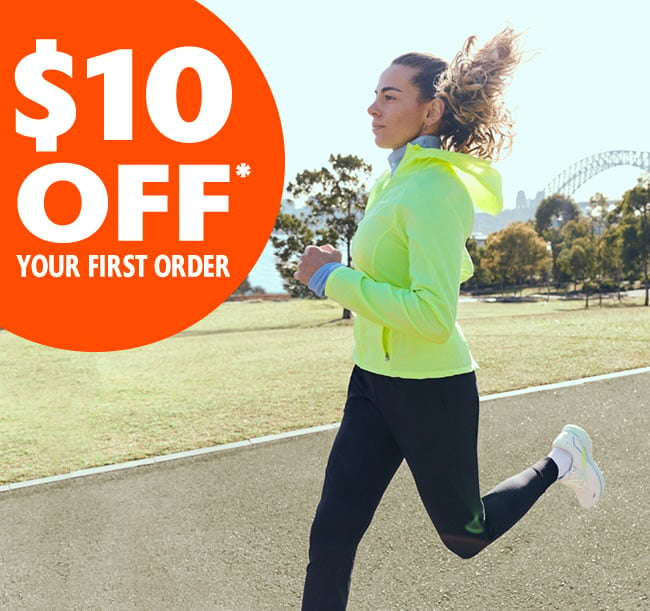Basketball Nutrition: What To Eat Before, During and After A Game
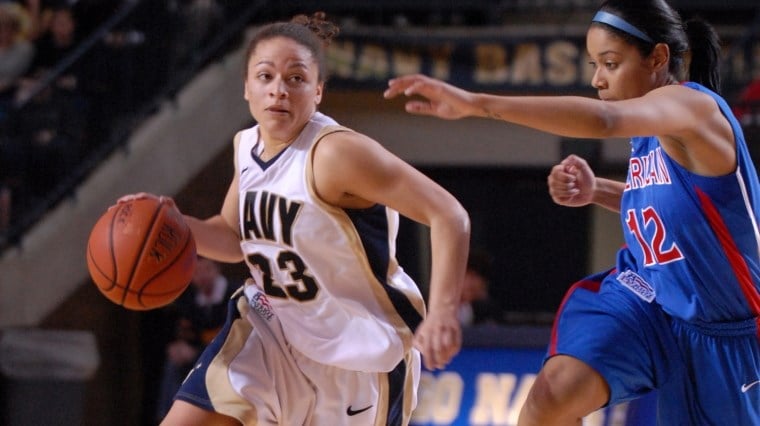
Game day nutrition is not only about the need to eat healthy carbs and protein for energy and muscle growth but timing meals correctly to optimise performance and recovery.
What and when you eat can make the difference between having the concentration, coordination and quick decision-making skills to shoot a goal for your team or being fatigued on the sidelines.
Understanding the energy demands of basketball and knowing your body’s ability to tolerate certain foods leading up to the match will help you make effective nutrition choices to play at your peak.
Food to fuel recovery is also a priority to repair your hard-working muscles after high-intensity or prolonged physical activity on the court – keeping you primed for your next training session or match.
About Basketball
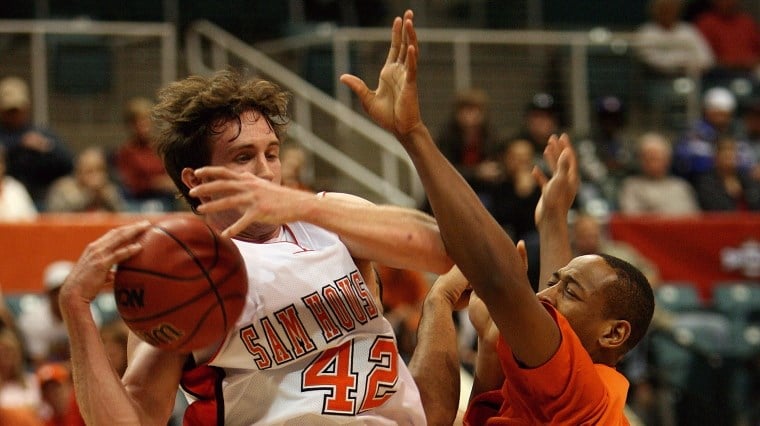
Basketball primarily involves anerobic exercise - explosive, short bursts of movement at high intensity (e.g. sprinting and jumping).
The aerobic energy system also applies in basketball – it’s what athlete’s count on to sustain endurance activities (e.g. jogging, running) that involve an increased oxygen demand on the body for a length of time.
Aerobic exercise relies on oxygen to supply your muscle tissues with energy, whereas anaerobic exercise draws instantly from your body’s stored energy called glycogen.
A basketball match is broken into four 10 - 12 minute quarters, with a 15 minute half time giving you the opportunity to rest, rehydrate and refuel.
Planning your nutritional intake with thought-out, well-timed meals ensures you’ll have energy for all four quarters of the match. For you, the right fuel at the right time translates to improved endurance, speed, agility, accuracy and focus on the court.
Considering the high demands basketball puts on your body, it’s no surprise that you don’t only need quality food for performance, but also to speed up recovery and assist in muscle growth and repair.
Game Day Nutrition
Hydration
It's important to get into the habit of bringing a drink bottle when you practice basketball drills with your team so when game day rolls around, you won't forget. Continue to drink water pre, during and post-match. Even if you don’t feel thirsty, the value of drinking water cannot be emphasised enough to prevent dehydration and keep you playing at top form.
If you do feel thirsty, that means you’re already dehydrated. Keep in mind that dehydration can impair your decision-making, concentration and coordination for passing, catching and shooting as well as your speed, agility and stamina.
Whether you’re playing on indoor courts with air conditioning or exposed to the elements on outdoor courts will influence your body’s hydration demands. Particularly in hot and humid conditions, it’s important to increase your water intake to compensate for fluids lost in sweat.
The night before the match
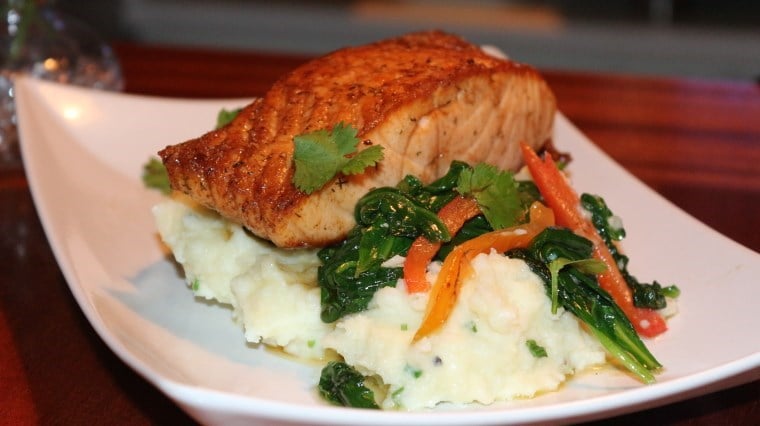
During a day-to-day training diet, fibre-rich sources of carbs (e.g. wholegrain carbohydrates) are generally recommended over low-fibre sources (e.g. refined carbohydrates). However, on game day and the night before refined carbohydrates are usually the preferred option as they are more easily digested and gentler on your stomach.
This makes them a safer option when preparing for a morning match to avoid digestive upset. It’s also a good idea to avoid spicy foods that can irritate your digestive tract or foods high in saturated fats (e.g. deep-fried foods, high-fat dairy, processed or fatty meats) that slow digestion and leave you feeling sluggish.
It's recommended that you pair carbohydrate-rich foods being your primary source of energy with a lean protein for muscle growth and repair.
Dinner ideas the night before a match:
- Low-fat mashed potato and baked salmon
- Baked sweet potato with chicken breast
- Chicken breast with pasta and low-fat tomato-based sauce
- Low-fat chicken or tofu stir fry with white rice and vegetables
2 - 4 hours before the match
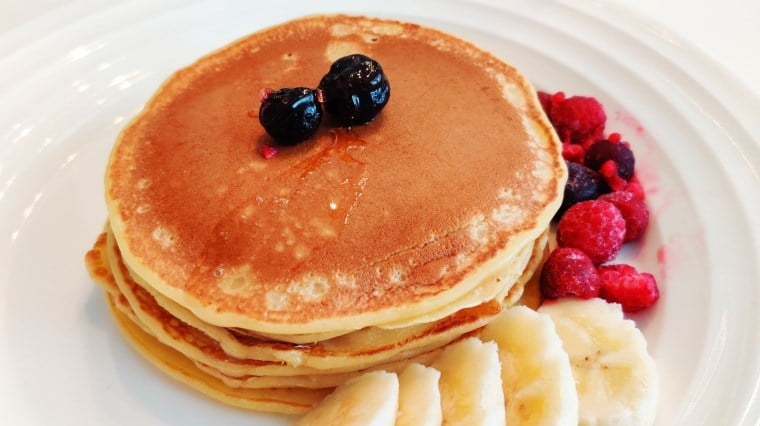
Eating 2 - 4 hours before the match allows your stomach contents to move to the small intestines to begin absorption. A high-carb meal to top up your energy levels and a moderate portion of protein to satisfy your appetite is recommended.
Again, stick to easily digested refined carbohydrates. This particularly is important as your body must multi-task between physical movement and digestion. Being more quickly digested means the energy from your meal will be more readily available on the court during play.
Pre-match meal ideas for breakfast (morning match):
- Low-fat pancakes with fruit
- Nut butter on white toast
- Scrambled eggs on toast
- Wholesome breakfast cereal with skim milk
- Muesli or porridge with yoghurt and berries (if you’re able to tolerate high-fibre grains comfortably before activity)
Pre-match meal ideas for lunch (afternoon match):
- Chicken or tofu stir-fry with noodles or rice
- Chicken or tuna salad sandwich
- Chicken or turkey wrap with hummus
- Baked sweet potato or jacket potatoes with Greek yoghurt (or dairy-free options like coconut yoghurt)
1 – 2 hours before the match (optional)
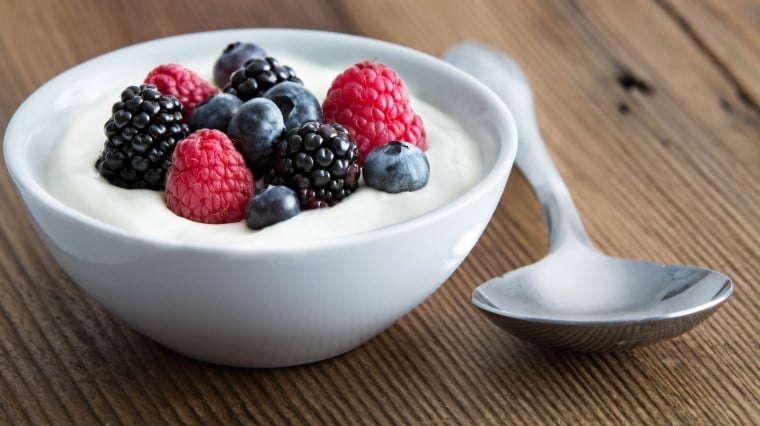
A light, easily digestible snack as the match approaches is beneficial for some players. Stick to healthy snacks that are carbohydrate-rich and low in fibre and fat. Avoid sweet snacks and soft drink with artificial sugars that provide a sudden spike in energy and an inevitable energy crash.
For players that have particularly sensitive stomachs or have pre-match butterflies, a liquid snack like a fruit smoothie can lower the burden on the digestive system compared to solid foods.
Pre-match snack ideas:
- Yoghurt with berries
- Whole fruit like apples or bananas with almonds
- Light sandwich
- Nut butter on rice cakes
- Fruit smoothie
During competition
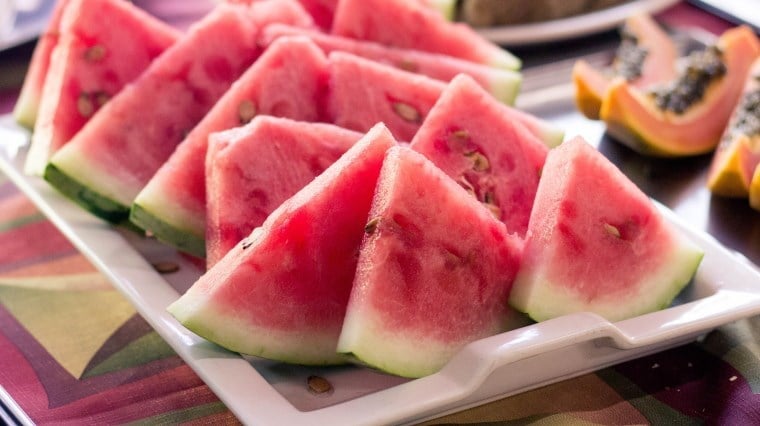
Quarter and half time breaks give you the opportunity to rehydrate with water and refuel with a light snack.
Some players with higher energy demands may benefit from a sports drink to improve fluid absorption, boost electrolyte levels and provide an easily digestible source of carbohydrate to fuel active muscles, but as this is not always necessary so seek your coach for advice. Usually sports drinks are reserved only for particularly high-intensity efforts or exercise of more than an hour duration.
Sports drinks with no added sugars are preferred. Due to the sugar content in many sports drinks, it’s recommended to rinse your mouth with water after drinking to improve your dental health.
For players able to tolerate solid food, fruit with a high-water content can double up in providing both energy and boosting hydration.
Half time snack ideas:
- Slice of hydrating, low-fibre fruit like watermelon, oranges or grapes
- Sports drink (if recommended by your coach)
- Homemade protein bar/balls, muesli bar or seed-based bar
Within at least 30 – 60 minutes post-match
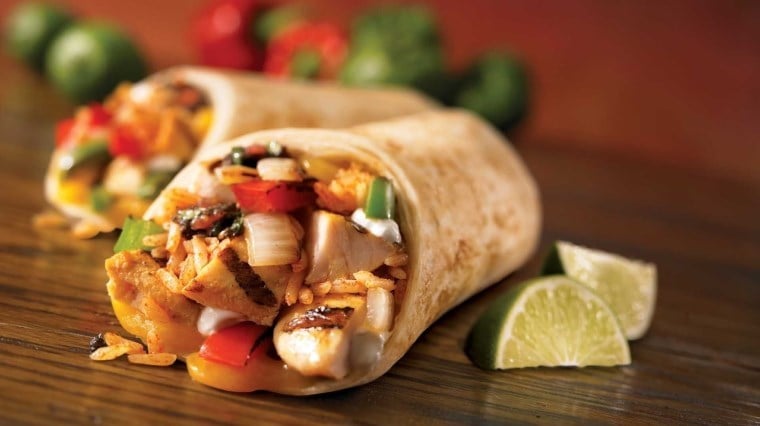
What you eat now is crucial to recovery and there are three main factors to consider – topping up your body’s stored energy (glycogen) with carbohydrates, consuming protein for muscle repair and rehydrating with fluids.
Eating quality nutrition as soon as possible after competition supports and speeds up recovery, kick-starting muscle protein synthesis (your body's process of building muscle mass). It is within this post-exercise window that your body is the most efficient at absorbing nutrients.
Aside from water which is essential, low-fat chocolate milk is another favourite for rehydrating post-workout – topping up your fluids, providing an ideal ratio of carbohydrates to protein (generally 3:1) and supplying nutrients including calcium for bone health and the proper functioning of muscle and nerves.
Skip foods high in saturated fats such as cheese and sour cream with your meal as they may slow down digestion and the absorption of nutrients, impeding your recovery.
Post-match meal ideas:
- Burrito or burrito bowl with your choice of protein (chicken breast, lean beef, barramundi or tofu), rice, beans and vegetables
- Grain bowl with your choice of lean protein and grains like brown rice and quinoa
- Chicken breast or tofu sandwich
- Vegetarian omelette made with eggs and vegetables
If you don’t have an appetite immediately after competition or you’re dashing to get home, consider quick and light snacks to kick-start your recovery on-the-go:
- Low-fat Greek yoghurt with berries
- Hummus with wholegrain crackers or pita bread
- Whole fruit with nuts or nut butter
- Low-fat chocolate milk
- Fruit smoothie with protein powder
1.5 - 2 hours post-match
What you eat now depends on whether you chose to have a larger meal immediately following the match or a lighter snack. If you had a larger meal like our suggestions above, opt for one of the snack options or vice versa to give you the best possible chance of a speedy recovery.
The Wrap Up
A healthy lifestyle is key to athletes of all levels to achieve their fitness goals and fuel for success. How and when you fuel your body can greatly improve or impair your performance – not to mention influence how you feel both physically and mentally when the competition heats up.
In preparing for the match, it’s important to stick to familiar meals that you know work well with your body to avoid any digestive upset during activity. Generally speaking, the closer to the match, the smaller the meal.
As this is a game day nutrition guide be aware that a meal plan that works for you, may not work for your teammate and vice versa. Take training days as an opportunity to test meals before match day rolls around and seek the guidance of your coach and dietitian to personalise your match day nutrition strategy.
To find out more about fuelling your body with quality nutrition, we recommend reading Sports Nutrition: Carbs, Protein & Healthy Fats To Boost Your Performance & Recovery.
Take care and we’ll see you on the court.
